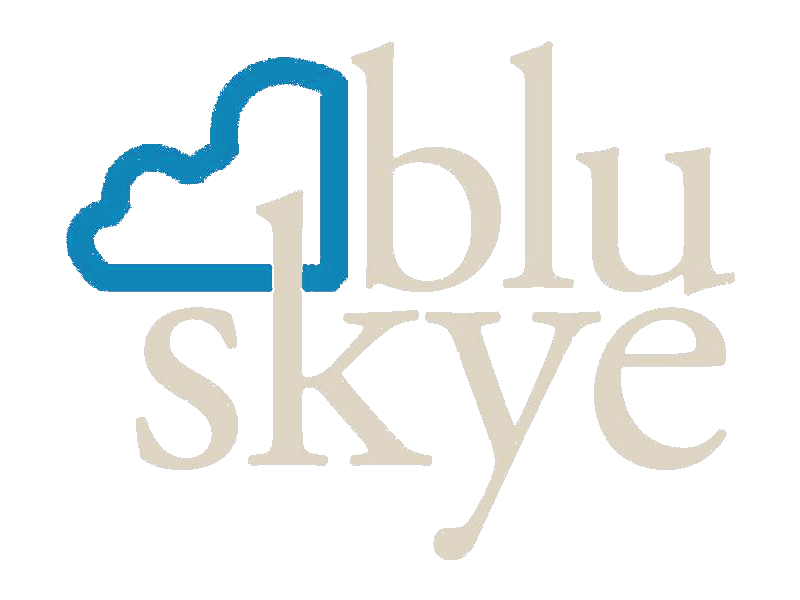
“Climate change widespread, rapid, and intensifying”
“This is a watershed moment in history where all of humanity has come together, whether we realize it or not. The heating planet is our commons. It holds us all. To address and reverse warming requires connection and reciprocity.”
“NN: Are you an optimist or a pessimist? AN: Optimist! NN: (Astonished) Really? AN: Yes, convinced optimist—When it comes to the 22nd Century. NN: You mean of course the 21st? AN: 22nd! The life of the grandchildren of our grandchildren. Are you not interested in the world of your grandchildren! NN: You mean we can relax because we have a lot of time available to overcome the ecological crisis? AN: How terrible, shamefully bad conditions will be in the 21st Century, or how far down we have to start on the way up, DEPENDS ON WHAT YOU, YOU, and others do today and tomorrow. There is not a single day to be lost. We need activism on high level immediately.”
Blu Skye began 17 years ago, as a tongue-twister and tagline: Blu Skye Sustainability Consulting, where “sustainability is the greatest untapped source of competitive advantage in the 21st Century.” In 2003, there were a lot of consultants. Very few, however, understood sustainability as a driver of business value — even fewer corporate executives. In fact, during my first client-consultant engagement, a Fortune 500 CEO asked, “by sustainability, do you mean sustaining revenue, profits and earnings?”
Sustainability was a new word, a new concept. Historically, it was synonymous with cost. Best-in-class consultants helped corporate executives follow the law of the land in which they operated. Leading corporations built good compliance systems. They released waste into the environment, only at the levels regulatory agencies allowed. Lagging companies gamed the system and did bad things. They offshored.
In the short term, this sliding-scale approach drove the biggest wealth creation and broadest improvement in global living standards. It also came at a long-term cost to the health of Life on Earth. Not to mention, the corporate executive started to incur costs and ask questions: Demand was decreasing after reports about poor labor practices in faraway lands. Why, when quality was fair, and price was good? Politicians were threatening more burdensome regulation. Why, when compliance systems were already in place? Top talent was leaving to work there. Why, when salaries were higher here?
During my first client-consultant engagement, I answered.
Blu Skye spent the next two decades successfully shifting corporate mindsets to solve these and other unusually knotty problems ailing CEOs. For lagging and leading companies alike, sustainability was the word, and at the turn of the century, our tagline proved true. The time has now come to again expand our vocabulary.
Regeneration is the new word, the new concept. As Hawken writes,
“…Regeneration creates livelihoods that bring life to people and people to life. It is work that links us to each other’s wellbeing, that provides those in poverty with purpose and meaning, worthy involvement with their community and children, a living wage, and a future of dignity and respect.”
Regeneration is the greatest source of value in the 21st century. It means doing more good, not less bad. It means moving beyond ‘the stop’ to deforestation, and toward reforestation. Beyond conservation. Toward rewilding landscapes. Beyond carbon footprint reduction. Toward the carbon underground. This is the work of our time and Blu Skye’s focus going forward. The sky’s the limit.
